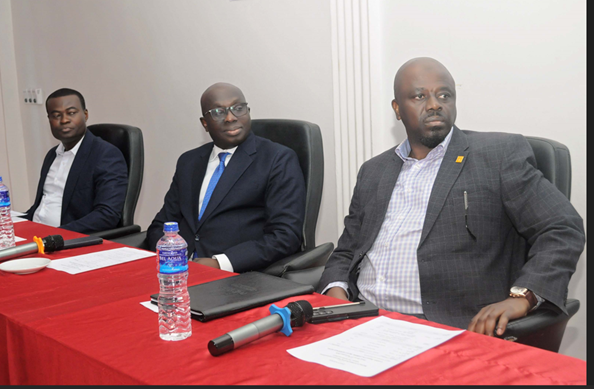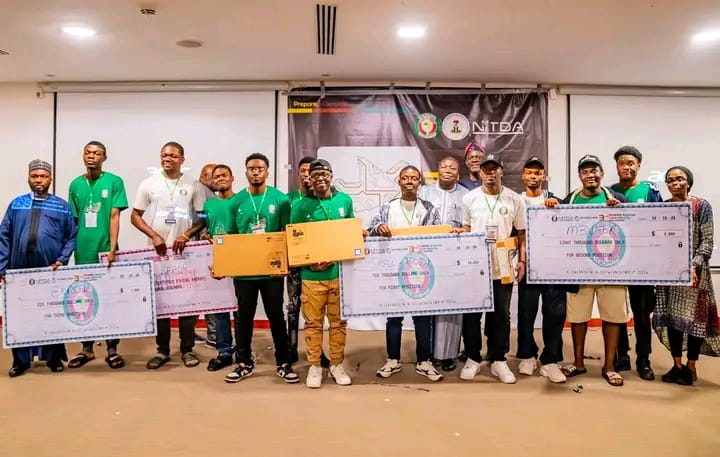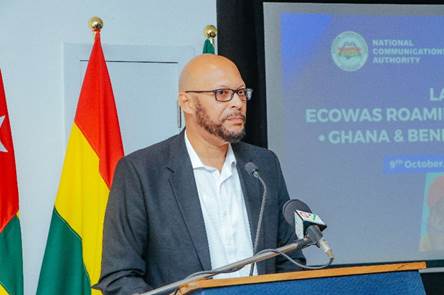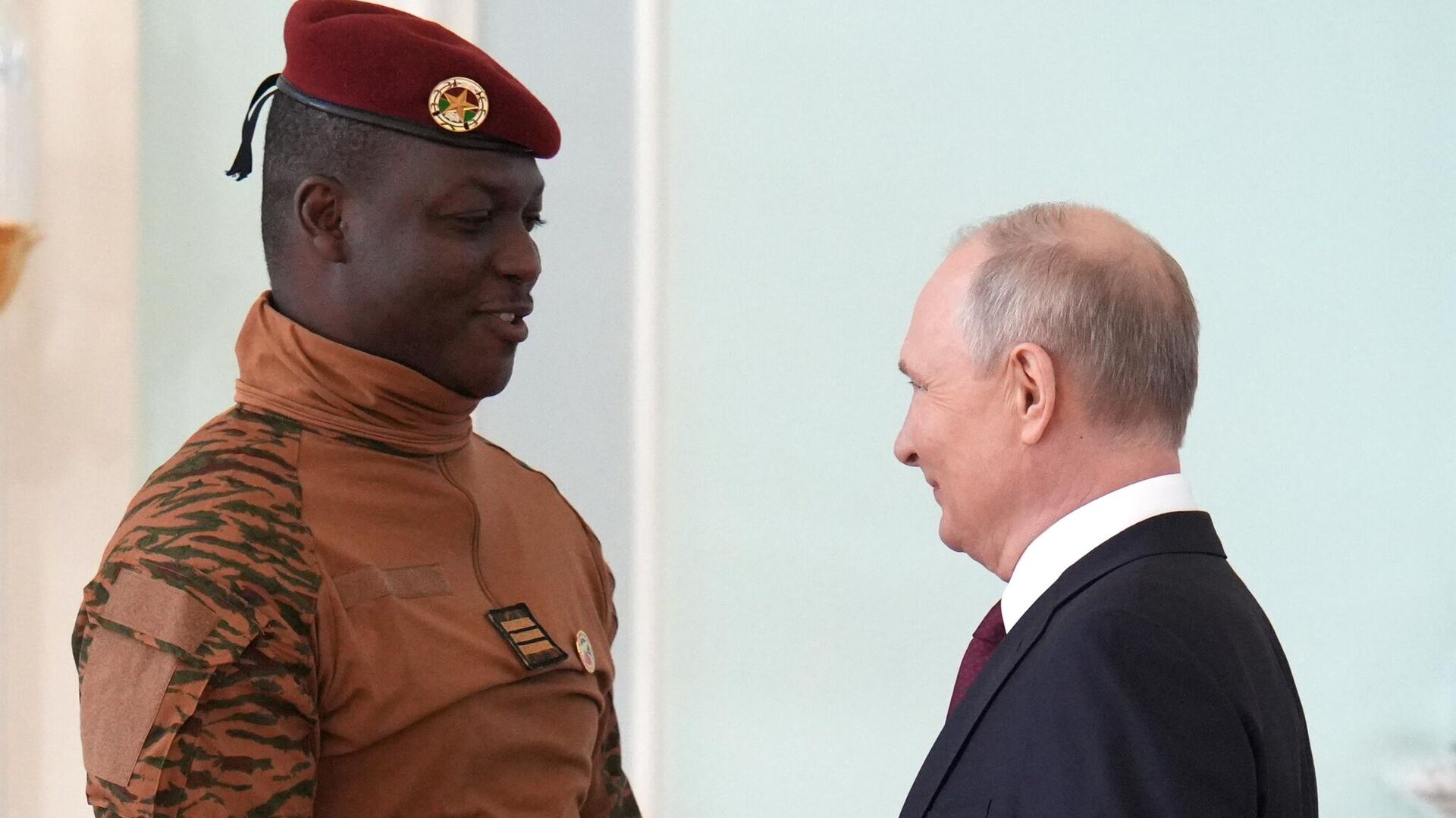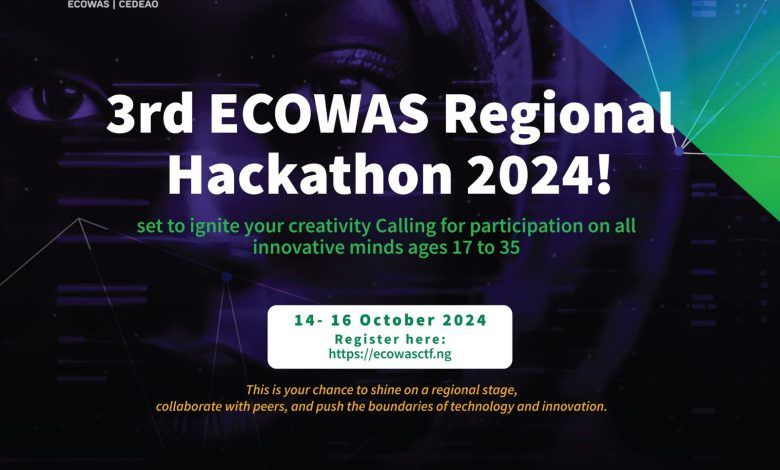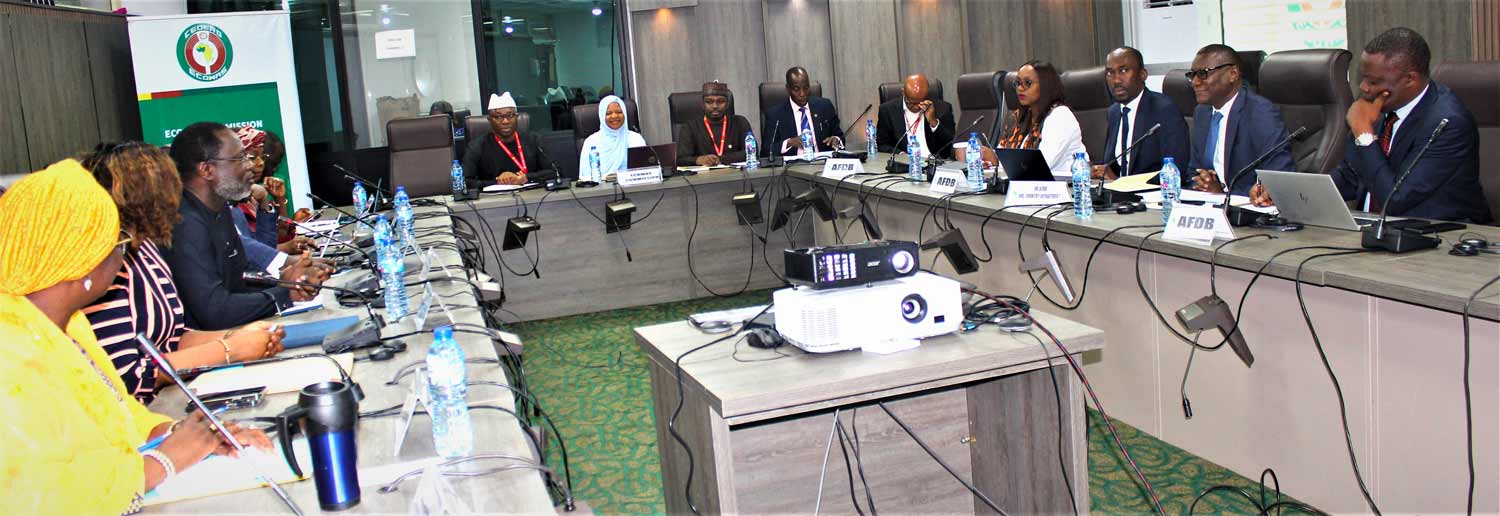Ghana has entered an agreement with the Gambia through the collaboration of Ghana’s Ministry of Communications and Digitalisation, Mobile Network Operators (MNOs), and the National Communications Authority (NCA) to implement the ECOWAS Free Roaming initiative.
This program seeks to lower the cost of telecommunications services for persons travelling between Ghana and The Gambia thereby enhancing seamless communication and the development of stronger social and economic linkages.
A Memorandum of Understanding (MOU) was signed on November 21, 2024, marking the end of the meeting, which began on November 19, 2024.
Read also: Hackathon: NITDA, ECOWAS empower West African youths to protect continent’s cyberspace
This will allow MNOs to begin technical and regulatory discussions that will ultimately result in the implementation and launch of the ECOWAS Roaming Regulations later in the first half of 2025.
Ghana’s commitment to implement ECOWAS Free Roaming Initiative
This agreement demonstrates the NCA’s continued dedication to regional integration and consumer protection in the telecom industry.
The Significant Market Power (SMP) Regulations, SIM Registration, Mobile Number Portability (MNP), and Billing Feedback Messages are just a few of the consumer protection measures that the NCA has led throughout the years.
The implementation of the UMTS 900 frequency, Billing Verification Systems, NCA CERT, and technological neutrality are among the other significant initiatives that highlight the Authority’s dedication to upholding the NCA Act’s guarantees of consumer rights.
The NCA’s Deputy Director General (Technical Operations), Prof Ezer Osei Yeboah-Boateng, who led the Ghana delegation, underlined in his opening remarks that the meeting is a significant step towards regional integration.
He mentioned Ghana’s initiative to advance regional connectivity, pointing to the country’s current bilateral roaming agreements with Benin, Togo, and Côte d’Ivoire.
‘This collaboration with The Gambia marks the next phase in extending affordable telecom services across the region’, he said.
ECOWAS Free Roaming Initiative to unify West Africa beyond cutting costs
Beyond only cutting expenses, Prof. Yeboah-Boateng emphasised that the collaboration represents a shared determination to build a West Africa where communication is smooth, inclusive, and promotes unity, tourism, and economic prosperity.
At the meeting, Solo Sima, the Deputy Director General of the Gambia Public Utilities Regulatory Authority (PURA), expressed hope that the ECOWAS Free Roaming Initiative would play a major role in tying Africa together and generating jobs and economic prospects.
He asked regulators to keep agreements flexible and customer-focused while taking into account the effects of new technologies like 5G.
Read also: Ghana signs ECOWAS free roaming agreement with Togo, Bènin
Ghana’s ECOWAS Free Roaming Agreements with other countries
Ghana, Benin, and Togo currently have an agreement in place under the ECOWAS Free Roaming Regulations.
This makes it possible for residents of these nations to take advantage of reasonably priced telecom services when they travel across borders.
Benefits of ECOWAS Free Roaming Initiative
Citizens of the countries bound by the ECOWAS Free Roaming Agreements can now enjoy the following:
Affordable rates: In these nations, residents can now enjoy local rates for voice and SMS calls, doing away with expensive roaming fees.
Free Call Reception: Roaming fees for call reception have been eliminated, so receiving calls from both domestic and foreign locations is free.
Internet at Local Rates: Ghanaians can now use the internet at the same prices as people in Benin, Togo, Côte d’Ivoire and vice versa.
By extending these advantages to citizens travelling between Ghana and The Gambia, the agreements in Gambia will further foster regional cooperation and improve affordability for everybody.
